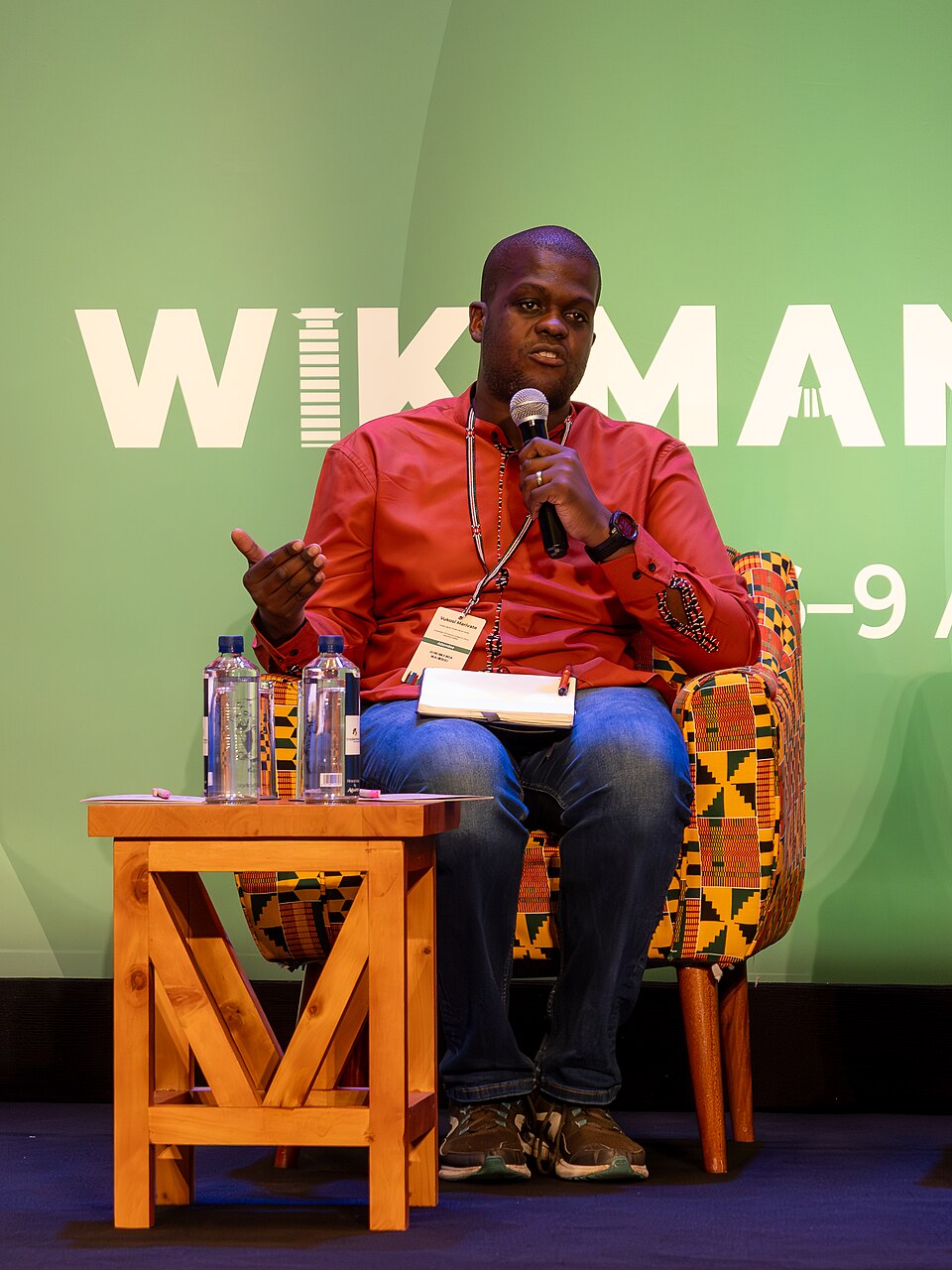Wikimania 2025: AI, Africa, and Open Knowledge
As Wikimania marked its 20th year in Nairobi, a keynote panel brought together leading voices to explore how artificial intelligence (AI) is reshaping open knowledge—especially across Africa—and how the Wikimedia movement can remain inclusive, impactful, and sustainable.

As Wikimania marked its 20th year in Nairobi, a keynote panel brought together leading voices to explore how artificial intelligence (AI) is reshaping open knowledge—especially across Africa—and how the Wikimedia movement can remain inclusive, impactful, and sustainable.
Moderator: Nadie Gunasina (Chief of Staff, Wikimedia Foundation)
Panelists:
- Dr. Joyce Nakatumba-Nabende (Makerere University) — Shared applied AI work in health, agriculture, and language technologies in Uganda, emphasizing intentional creation of local-language datasets and participatory evaluation with communities.
- Prof. Vukosi Marivate (University of Pretoria; ABSA Chair of Data Science; Lelapa AI; Deep Learning Indaba) — Highlighted small-but-mighty African language models (e.g., PuoBERTa), the use of Wikipedia text within speech data pipelines, and the importance of sustainable AI (compute, water, and licensing considerations).
- Dr. Job Mwaura (Wits Centre for Journalism / LMU / Strathmore) — Discussed AI’s growing role in Kenyan media and social justice, from newsroom automation to the ethical risks of Western-centric models.
- Selena Deckelmann (Chief Product & Technology Officer, Wikimedia Foundation) — Recounted Wikimedia’s long-standing use of machine learning, reaffirming principles of transparency, sustainability, and community-governed tooling (e.g., revert-risk, translation support).
Watch the session
Key takeaways
- Language inclusion is non-negotiable. For open knowledge to be truly open, African languages must be a first-class focus in dataset creation, evaluation, and tooling—on Wikimedia and beyond. Community review surfaced practical issues (e.g., punctuation, idioms, code-switching) that standard benchmarks often miss.
- Grassroots networks power progress. Communities like Masakhane, Data Science Africa, and the Deep Learning Indaba are catalyzing research, training, and cross-disciplinary collaboration, enabling reusable recipes (e.g., classification and metadata tagging pipelines for local-language news and Wikimedia content).
- Small models, real impact. Compact models such as PuoBERTa demonstrate that targeted, domain-aware approaches can deliver high value without supercomputer-scale resources—especially when paired with open datasets and fine-tuning for specific tasks.
- Responsible **and sustainable AI.** Beyond “responsible,” the panel stressed sustainability—from energy and water costs to the hidden labor of content moderation. The call: build problem-first, community-co-designed systems, and choose simpler methods when they solve the problem.
- Open knowledge as critical infrastructure. Wikimedia projects already underpin AI research and applications. The movement’s commitments to transparency, open tooling, and human-first access (e.g., APIs to reduce crawler strain) are central to long-term resilience.
- Licensing and equity. Emerging data/model licenses (e.g., community-benefit or regional-equity terms) can expand choices for contributors and institutions seeking to prevent extractive use while enabling research and public-interest applications.
Notable contributions from Prof. Marivate
- Wikipedia in the data pipeline: For the South African Next Voices speech initiative (multi-hundred hours per language across seven languages), Wikipedia sentences were among sources for scripted reads—now filterable by origin in the released datasets.
- Reusable recipes for Wikimedia: Demonstrated how local-language classifiers (e.g., news categorization) can enrich metadata and improve semantic linking for Wikimedia content—an approach transferable across languages and projects.
- Sustainable AI lens: Argued for a broader framing that accounts for compute, energy, water, labor, and governance—prioritizing domain-fit small models and community-validated use cases.
Why this matters for Wikimedia @20
At 20 years of Wikimania, the movement’s durability depends on aligning AI with its core values: inclusivity, impact, and sustainability. That means supporting language diversity, investing in community capacity, stewarding open infrastructure, and advancing licensing options that protect contributors while enabling public-interest innovation.
Credits
- Moderator: Nadie Gunasina (Wikimedia Foundation)
- Panelists: Dr. Joyce Nakatumba-Nabende, Prof. Vukosi Marivate, Dr. Job Mwaura, Selena Deckelmann
- Event: Wikimania 2025, Nairobi (Onsite)